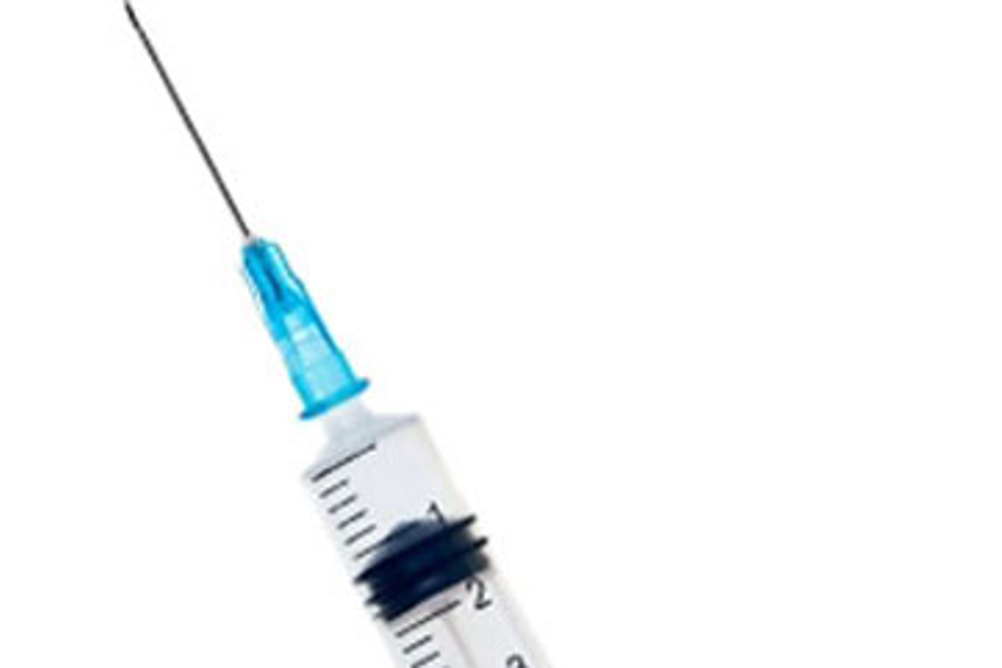
Around 72 cases of measles have been reported to Public Health Wales since Thursday and a total of 77 people have been hospitalised since the outbreak, the largest in the UK for over a decade, began.
Around 50 cases of measles were reported at the beginning of the year in Wales. This more than doubled to 288 in March. So far 257 cases have been reported this month.
The measles virus is expected to spread further now that children have returned to school after the Easter holidays.
It is estimated that around 5,000 children still remain at risk from measles in the Swansea area alone.
Register now to continue reading
Thank you for visiting Nursery World and making use of our archive of more than 35,000 expert features, subject guides, case studies and policy updates. Why not register today and enjoy the following great benefits:
What's included
-
Free access to 4 subscriber-only articles per month
-
Unlimited access to news and opinion
-
Email newsletter providing activity ideas, best practice and breaking news
Already have an account? Sign in here
